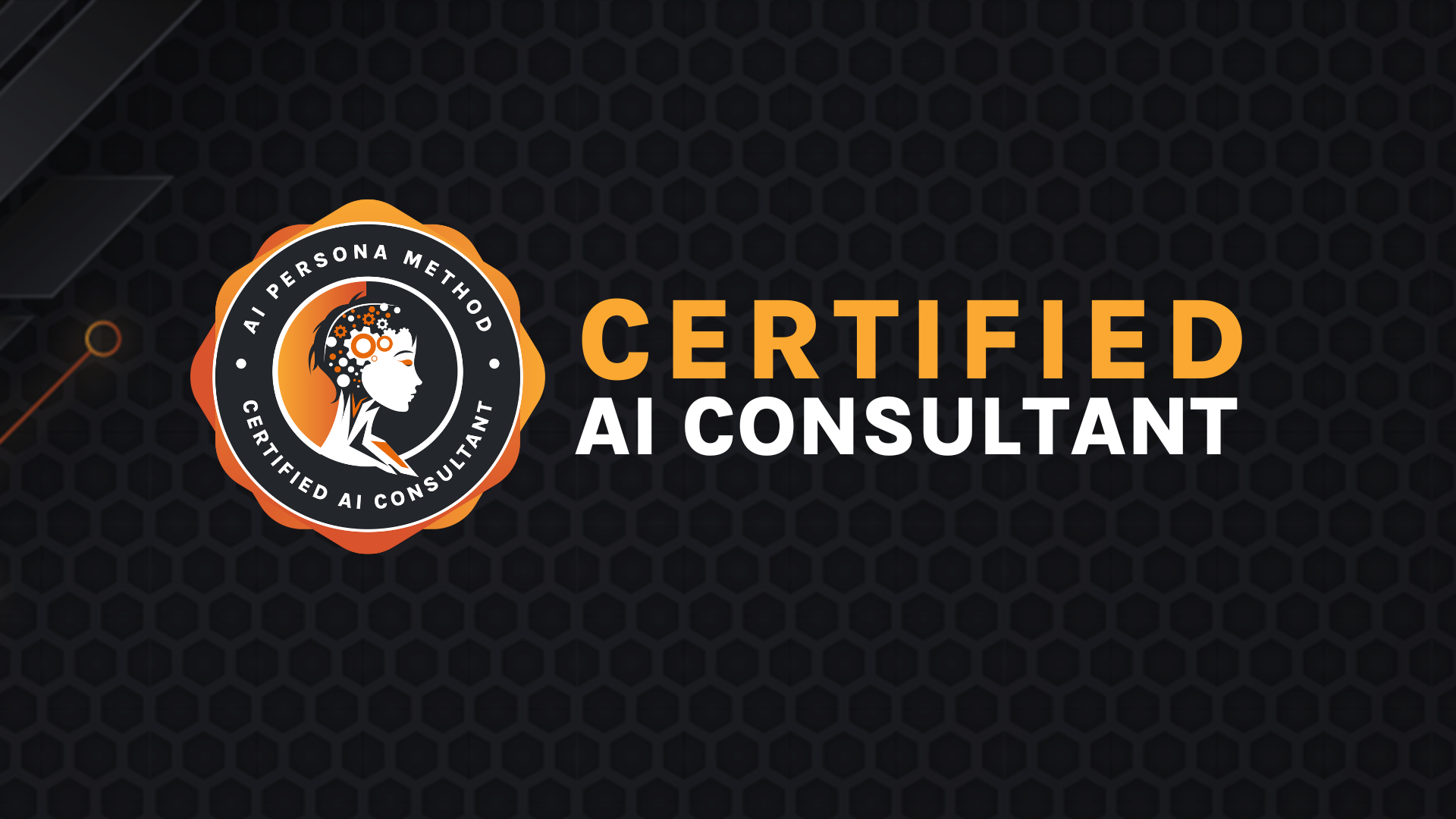Staying ahead of the competition and maximizing profit potential are top priorities for companies of all sizes. Harnessing the power of artificial intelligence (AI) has become a game-changer for businesses seeking to streamline operations, improve decision-making processes, and ultimately drive profitability. In this article, we will explore how AI can transform your business by unlocking its full profit potential. Join us as we delve into the world of AI technology and discover how it can revolutionize your company’s success.
Understanding AI: A Primer for Business Owners
- What is AI?
- Artificial intelligence (AI) refers to machines mimicking cognitive functions like learning and problem-solving that typically require human intervention.
- How Can Businesses Use AI?
- AI can analyze large sets of data quickly, provide valuable insights for decision-making, automate repetitive tasks, and personalize customer experiences.
- Benefits of AI for Business Owners
- Increased efficiency, more revenue channels, cost savings through automation, improved customer satisfaction with personalized interactions, and staying competitive in today’s digital landscape.
Identifying Profit Opportunities with AI
- Data Analysis: AI can efficiently analyze large amounts of data to identify trends, patterns, and customer preferences that can lead to new profit opportunities.
- Predictive Analytics: By utilizing AI algorithms, businesses can predict future market trends, customer behavior, and sales patterns to capitalize on potentially lucrative opportunities before competitors do.
AI technologies can help businesses uncover hidden insights in data, enabling them to make more informed decisions that drive profitability.
Implementing AI Solutions in Your Business
Practical Steps to Implement AI Solutions in Your Business
- Assess Your Needs: Before diving into implementing AI solutions, take the time to assess your business needs and identify areas where AI can make a meaningful impact. Whether it’s streamlining customer service or optimizing operations, having a clear understanding of your objectives will guide you in choosing the right AI tools.
- Invest in Training: Once you have selected the AI solutions that best fit your business goals, invest in training for your team. Proper education and upskilling are crucial for successfully integrating AI into your processes and ensuring that everyone is on board with the new technology.
- Monitor and Adapt: After implementation, regularly monitor the performance of your AI systems and be prepared to adapt as needed. This may involve fine-tuning algorithms, addressing any issues that arise, or scaling up your use of AI-based on results.
Optimizing Operations through AI
AI can streamline operations by automating repetitive tasks, identifying inefficiencies, and providing data-driven insights. By implementing AI solutions, businesses can increase productivity and reduce operational costs.
Benefits of Using AI for Operations Optimization:
- Improved efficiency through streamlined processes
- Real-time monitoring and analysis for proactive decision-making
- Enhanced accuracy in forecasting and resource allocation
With AI-powered tools, businesses can optimize their supply chain management, inventory control, production scheduling, and more. This leads to better overall performance and profitability for organizations across various industries.
Future Trends in AI for Business Success
AI technology is rapidly evolving, with new trends emerging that promise to revolutionize how businesses operate. By harnessing these powerful tools, companies can gain valuable insights into customer behavior and market trends, enabling them to make more informed decisions.
Another exciting development in the world of AI is the rise of natural language processing (NLP) capabilities. This innovation allows computers to understand and interpret human language, opening up a host of possibilities for improved customer interactions and personalized experiences. By integrating NLP into their operations, businesses can enhance communication with customers and streamline processes like never before.
As AI continues to advance, we can also expect to see greater integration of automation technologies across industries. From manufacturing to healthcare, businesses are increasingly turning to robotic process automation (RPA) and intelligent automation solutions to boost efficiency and reduce costs. Embracing these future trends in AI will be crucial for any company looking to stay competitive in today’s fast-paced business landscape.
Leveraging AI in Sales and Marketing Strategies
Artificial intelligence (AI) is revolutionizing the way businesses approach sales and marketing. By utilizing AI-powered tools, companies can analyze vast amounts of customer data to personalize marketing strategies and target specific audiences more effectively. This targeted approach leads to higher conversion rates and increased revenue.
- Personalized Recommendations: AI algorithms can analyze customer behavior and preferences to offer personalized product recommendations, leading to higher customer satisfaction and repeat purchases.
- Predictive Analytics: With AI-powered predictive analytics, businesses can forecast future trends and customer behavior, enabling them to proactively adjust their sales and marketing strategies for optimal results.
Incorporating AI into sales and marketing efforts allows companies to streamline processes, optimize resource allocation, enhance customer interactions, and ultimately drive business growth.



